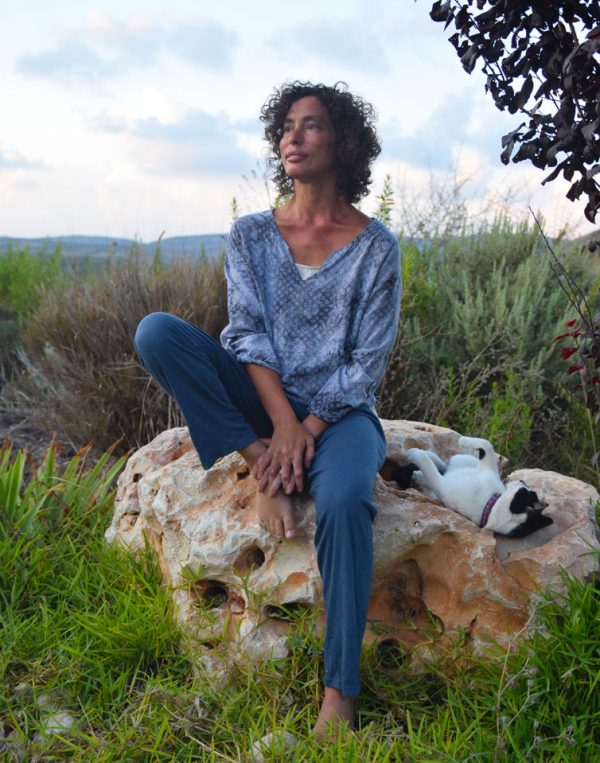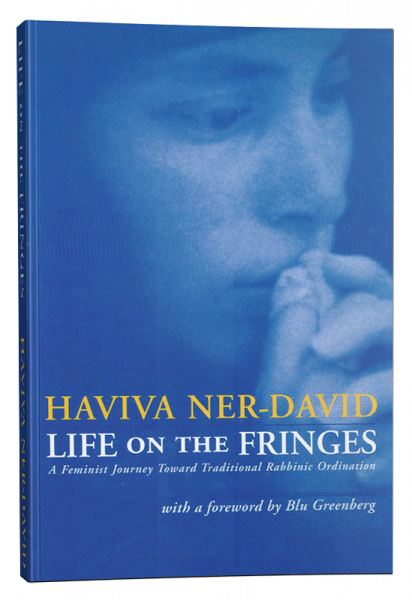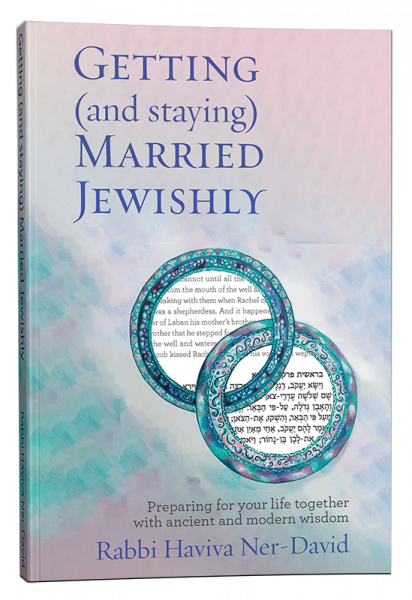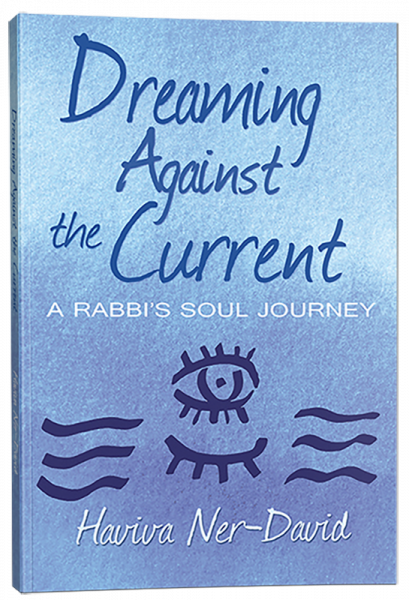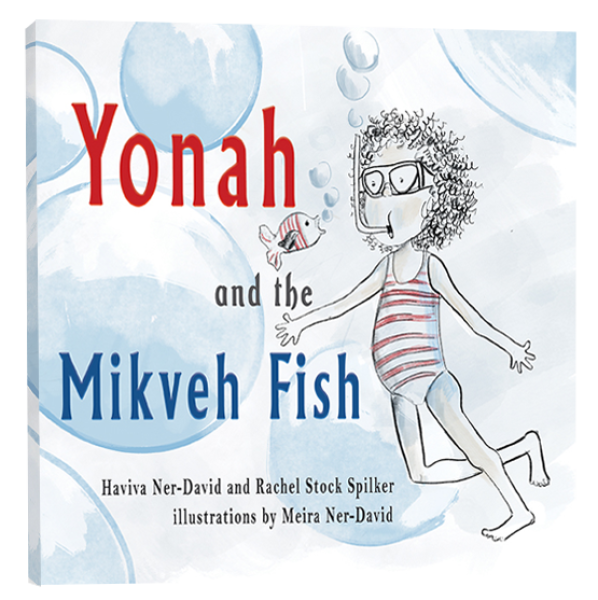Chanah’s Voice:
A rabbi wrestles with gender, commandment, and the women’s rituals of baking, bathing and brightening (Ben Yehuda Press, 2014)
By Haviva Ner-David
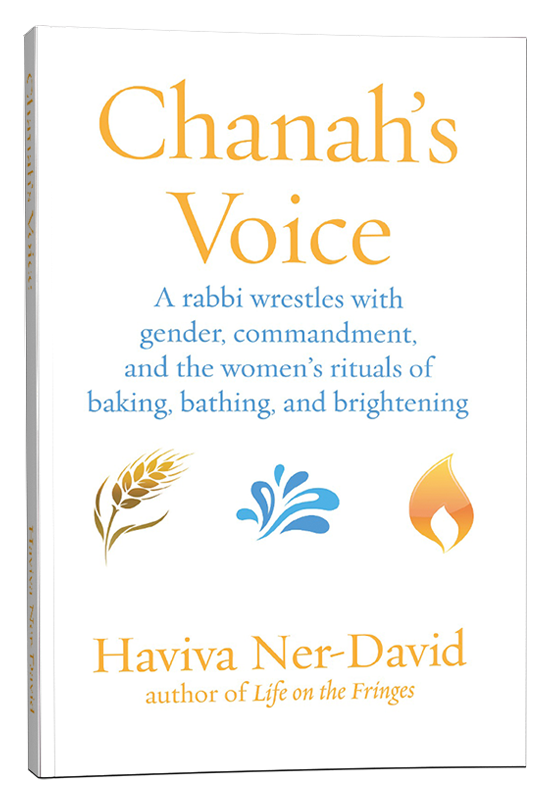
As an Orthodox feminist, Rabbi Haviva Ner-David had adopted and privileged rituals that were considered primarily for men…

